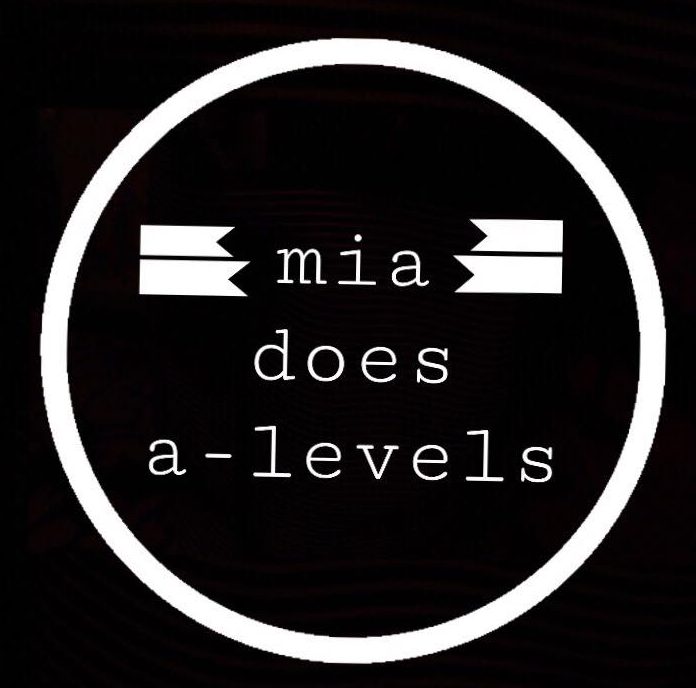DEFINITION Anxiety is the fear disproportionate to a given situation. Anxiety disorders are a group of mental disorders characterized by significant feelings of anxiety and fear. Anxiety is a worry about future events, and fear is a reaction to current events. The distress they cause can keep individuals from carrying on with your life normally.… Continue reading anxiety disorders
ICD and non-substance addictive disorder
ICD - impulse control disorders are characterised by impulsivity, failure to resist a temptation, an urge, an impulse, individuals find it difficult to regulate thought and behaviour connected to a certain behaviour. Griffiths (2005) Identifies 6 components of addictive behaviour (both substance and non-substance: - salience: behaviour becomes of major importance - mood modification: distinct… Continue reading ICD and non-substance addictive disorder
mood disorders
BIPOLAR AND RELATED DISORDERS DEFINITION Affective disorders are defined by the DSM-IV as mental disorders characterized by disturbances of mood that are intense and persistent to be clearly maladaptive. TYPES Depression is the main symptom of a number of disorders including: - unipolar ( major) depression - bipolar (mania) depression SYMPTOMS Unipolar Depression - symptoms must… Continue reading mood disorders
photosynthesis
Photosynthesis - method by which photoautotrophs use light energy to produce ATP via photophosphorylation in order to anabolise sugars 6 CO2 + 6 H2O + photons → C6H12O6 + 6 O2 Two reactions involved: dependent and independent . Energy is trapped by chlorophyll and used to: Split apart dtrong bonds in water molecules to release hydrogen Produce ATP… Continue reading photosynthesis
energy and respiration
Photosynthesis supplies living organisms with two essential requirements - energy supply and usable carbon compounds. Autotrophs - organisms that are able to use an inorganic carbon source in form of carbon dioxide (eg.green plants) Heterotrophs - organisms that require a ready made organic supply of carbon (eg.animals) Organisms require energy for: anabolic reactions (eg. synthesis… Continue reading energy and respiration
PEPPERBERG (1987)
AIM: To find whether a parrot is able to use vocal labels to demonstrate the symbolic understanding of the concepts 'same' and 'different'. BACKGROUND: Chimps and gorillas have been found to be able to inter-communicate. Studies have found that non-human primates have the ability to express abstract ideas. The cognitive capacity of conceptual conceptualization has been thought… Continue reading PEPPERBERG (1987)
BANDURA et al. (1961)
AIM: To find whether after observing a model's aggressive behavior, children will reproduce it in the model's absence To find if the model's gender affected this in any way HYPOTHESIS: • Subjects exposed to aggressive models will reproduce aggressive acts resembling those of the models - observed aggressive behavior will be imitated • Observation of non-aggressive… Continue reading BANDURA et al. (1961)
LANEY et al (2008)
BACKGROUND: It has been found that memories can be distorted. Braun et al. (2002) reported that it is possible to implant false neutral memories by convincing individuals they have met Bugs Bunny at Disneyland while Bugs Bunny is a Warner Bros character. Other studies, such as Bernstein et al (2005) showed that memory alteration can… Continue reading LANEY et al (2008)
BARON-COHEN et al. (2001)
AIM: To test if the revised version of 'Reading the Mind in the Eyes' task would be successful at differentiating participants with Asperger's Syndrome or High-Functioning Autism from the general population → AS and HFA participants would be impaired at the task HYPOTHESIS: • Participants with AS or HFA will have lower scores on the… Continue reading BARON-COHEN et al. (2001)
YAMAMOTO et al (2012)
AIM: To learn more about altruistic behavior in chimpanzees: • To find if chimpanzees can comprehend the needs of their conspecifics - members of their own species • To find if they can react to these needs with targeted helping BACKGROUND: Unlike humans, animals help more often at a direct request of their conspecific and… Continue reading YAMAMOTO et al (2012)
